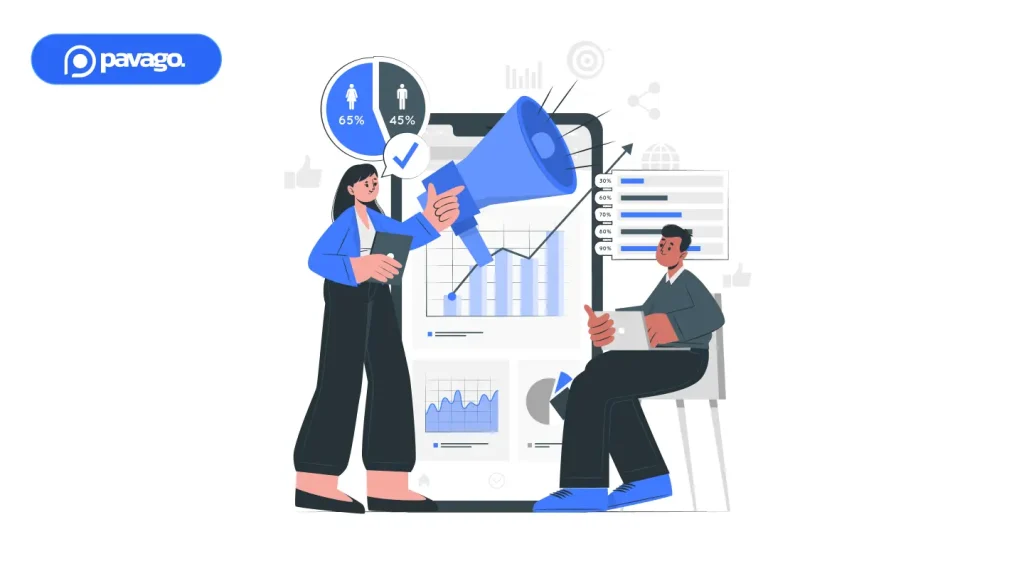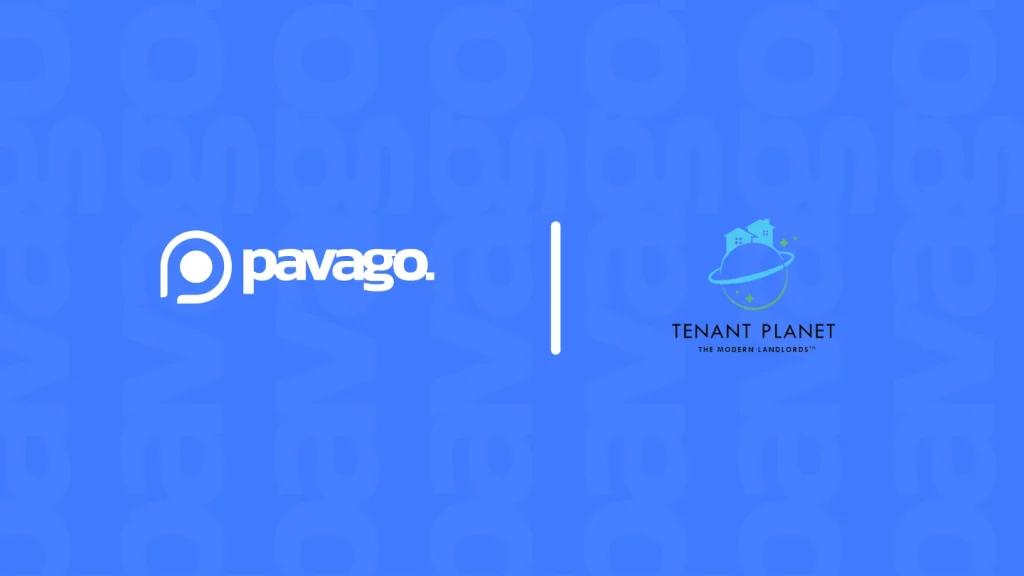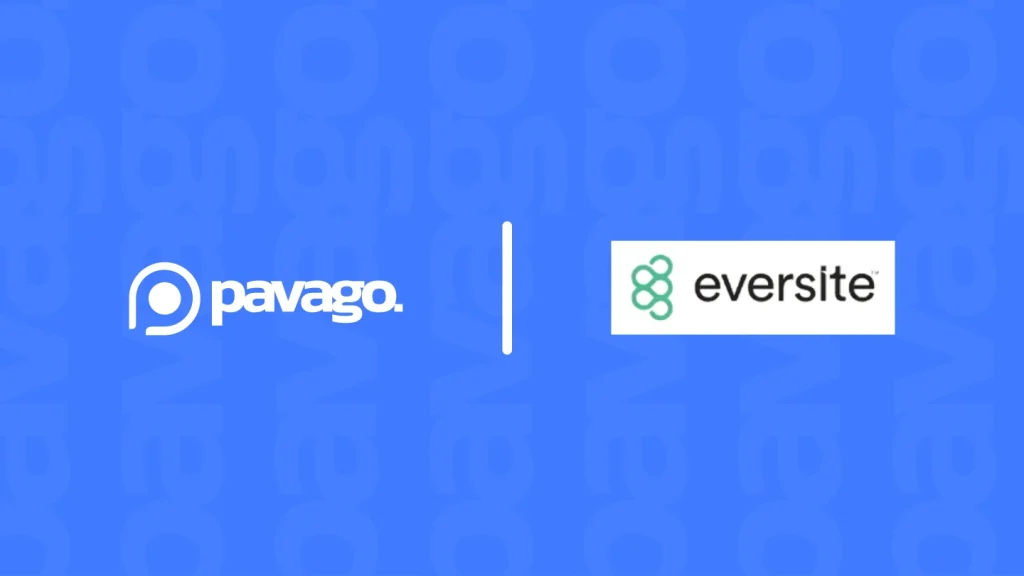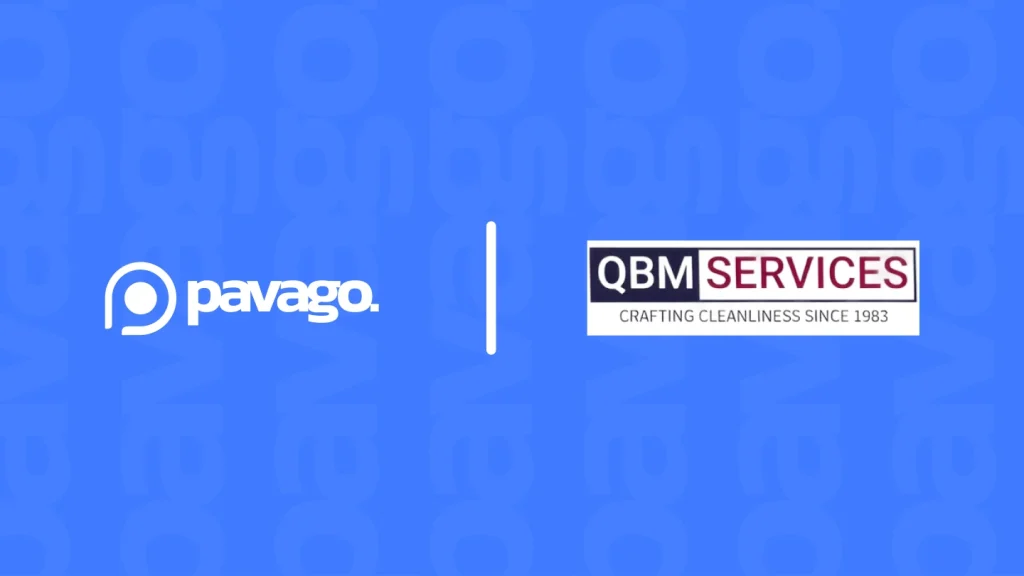Small business owners often start out doing everything — including sales.
In the beginning, this makes sense. Founders know the product best, can adapt the pitch, and need to hear customer feedback firsthand. But there comes a point where juggling sales calls and running the business becomes unsustainable.
Hiring salespeople is one of the biggest growth moves a small company can make. Do it too early, and you’ll burn cash without enough pipeline. Do it too late, and you’ll miss opportunities and slow growth.
So how do you know when it’s the right time to hire salespeople? Here are some signs to watch out for:
💡 Jason Lemkin, the founder of SaaStr, puts it bluntly: “The CEO has to be the VP of Sales, at least until there’s consistent revenue.”
He suggests that founders should be the ones hustling to make the first 10, 20, or even 100 sales. Only then can you confidently hand off the sales function.
Signs You Should Hire Salespeople For Your Small Business
Sign 1: The Founder Is the Bottleneck
If you’re spending most of your time on sales and can’t focus on operations, product, or strategy, it’s a sign you need to hire sales reps. Founders should sell early, but if growth stalls because you can’t do both, it’s time to hire.
Example: You handle 20 calls a week but can’t follow up with half the leads. A salesperson could turn those missed opportunities into closed deals.
Sign 2: There’s Proven Demand but Inconsistent Follow-Up
Hiring salespeople too early — before you’ve validated demand — is risky. But once leads are coming in regularly, inconsistent follow-up costs revenue. A salesperson ensures every lead is nurtured and pursued.
Example: You’re generating inbound leads through ads and referrals, but response times are slow because you’re stretched thin. An inbound sales rep can keep the momentum going in this case.
Sign 3: Growth Has Plateaued
If revenue is flat despite interest in your product or service, it may be because you don’t have enough sales capacity. Hire salespeople to add bandwidth, reach more prospects, and close more deals.

Should You Hire Salespeople or Outsource Sales?
For small businesses, outsourcing sales is often the smarter move. Hiring in-house salespeople comes with high fixed costs, long ramp-up times, and added overhead in training and management. For many founders, this expense is hard to justify when resources are limited.
Outsourcing sales — especially offshore — gives you flexibility, speed, and access to a wider pool of top-tier talent. You can bring on trained SDRs or remote appointment setters at a fraction of the U.S. cost while maintaining high performance.
This model allows you to scale up or down based on demand without taking on the burden of full-time salaries and benefits.
Pavago specializes in connecting small businesses with A-player sales talent offshore. We vet for communication, sales skills, and cultural fit, ensuring you get reps who can drive pipeline and revenue immediately.
By outsourcing sales with Pavago, you get world-class sales capacity without the heavy price tag of traditional in-house hiring.
How to Prepare Before Hiring Salespeople
Before you hire salespeople for your business, it’s important to prepare so your remote sales team can succeed quickly. Hiring without preparation often leads to wasted time, slow ramp-up, and missed opportunities.
1. Define your sales process
Document each stage of your funnel — how leads are generated, how they’re qualified, and how they move to a close. Write out the steps, create scripts or templates where possible, and map the buyer journey. This clarity ensures new hires don’t have to figure it out themselves.
2. Set clear goals
Establish measurable targets like the number of calls per week, demos booked, or revenue generated. These benchmarks give your reps something concrete to aim for and make it easier to track performance.
3. Get tools in place
Invest in a CRM to organize contacts, scripts to standardize messaging, and lead tracking systems to keep things visible. Tools make onboarding smoother and give you insights into what’s working and what isn’t.
4. Know your ICP (Ideal Customer Profile)
Document the type of customers who get the most value from your product — their industry, size, role, and pain points. Salespeople need this clarity so they know exactly who to target and how to pitch effectively.

What to Look for in Your First Sales Hires
- Self-starters: Your first reps won’t have layers of management, so they need initiative.
- Process builders: Early hires should help refine your playbook.
- Industry knowledge: Familiarity with your space shortens the learning curve.
- Resilience: Sales is tough; look for people who can handle rejection and stay motivated.
Frequently Asked Questions
Conclusion
The best time to hire salespeople is when you’ve proven there’s real demand — but you’re losing opportunities because you can’t keep up. If leads are slipping through the cracks or follow-ups are inconsistent, it’s time to add sales capacity.
By spotting these signs early, setting up clear processes, and hiring strategically, you can turn bottlenecks into growth.
For small and growing companies, offshore sales hires are a smart way to get high-quality, full-time support at a fraction of local cost — without lowering your standards.
Pavago helps you hire top-tier offshore sales talent in just three weeks, fully dedicated to your business.
Ready to scale your sales team the smart way?
















